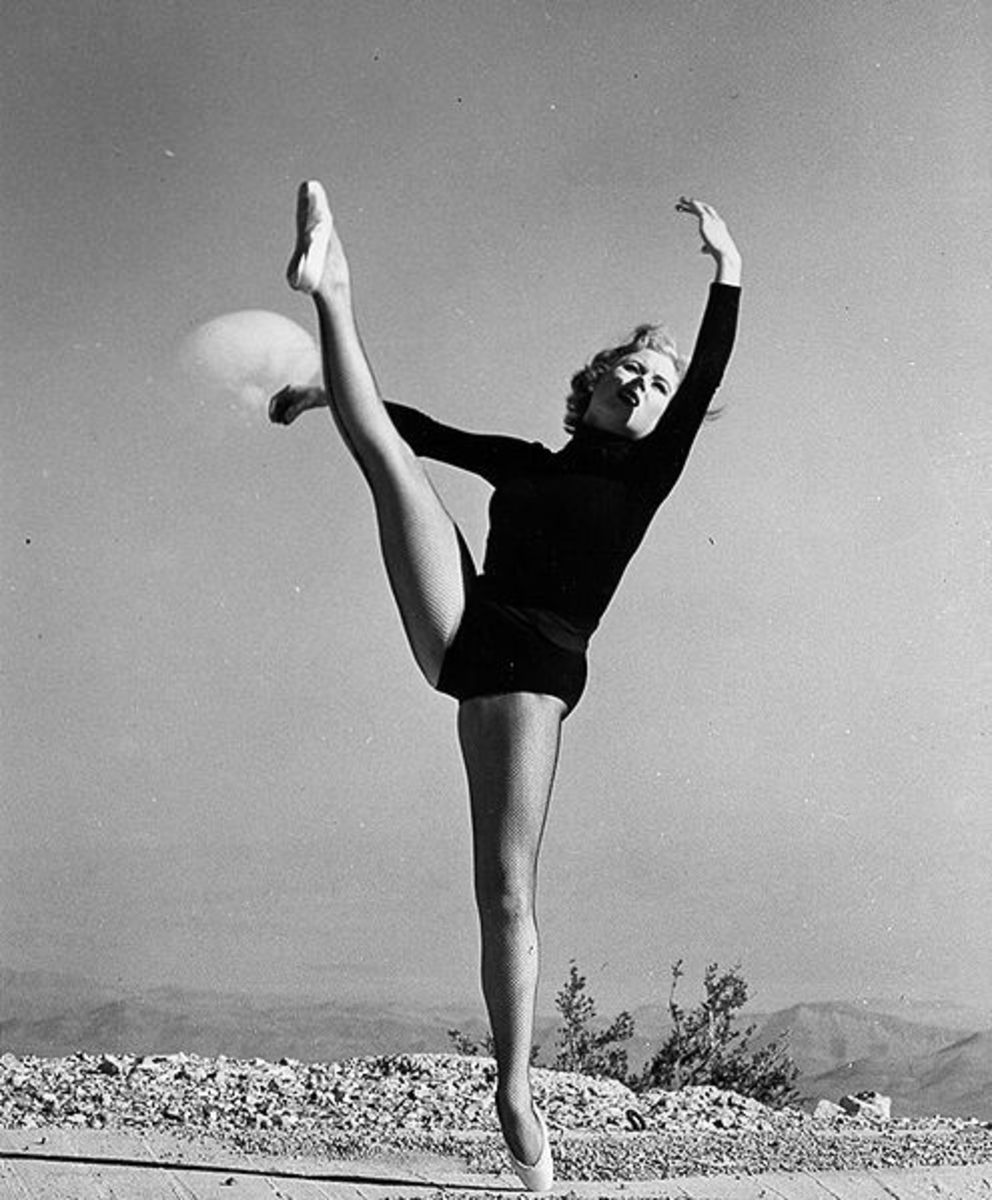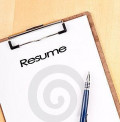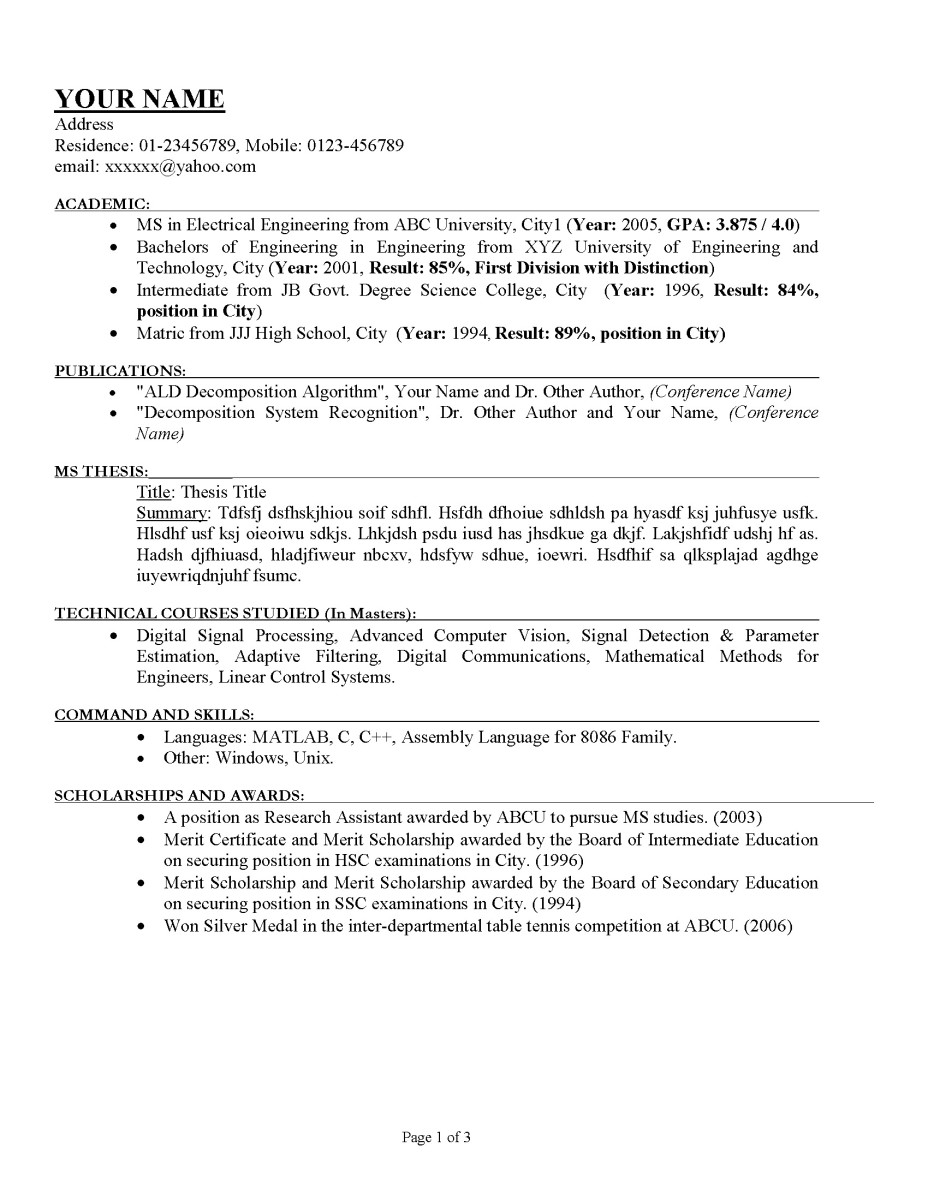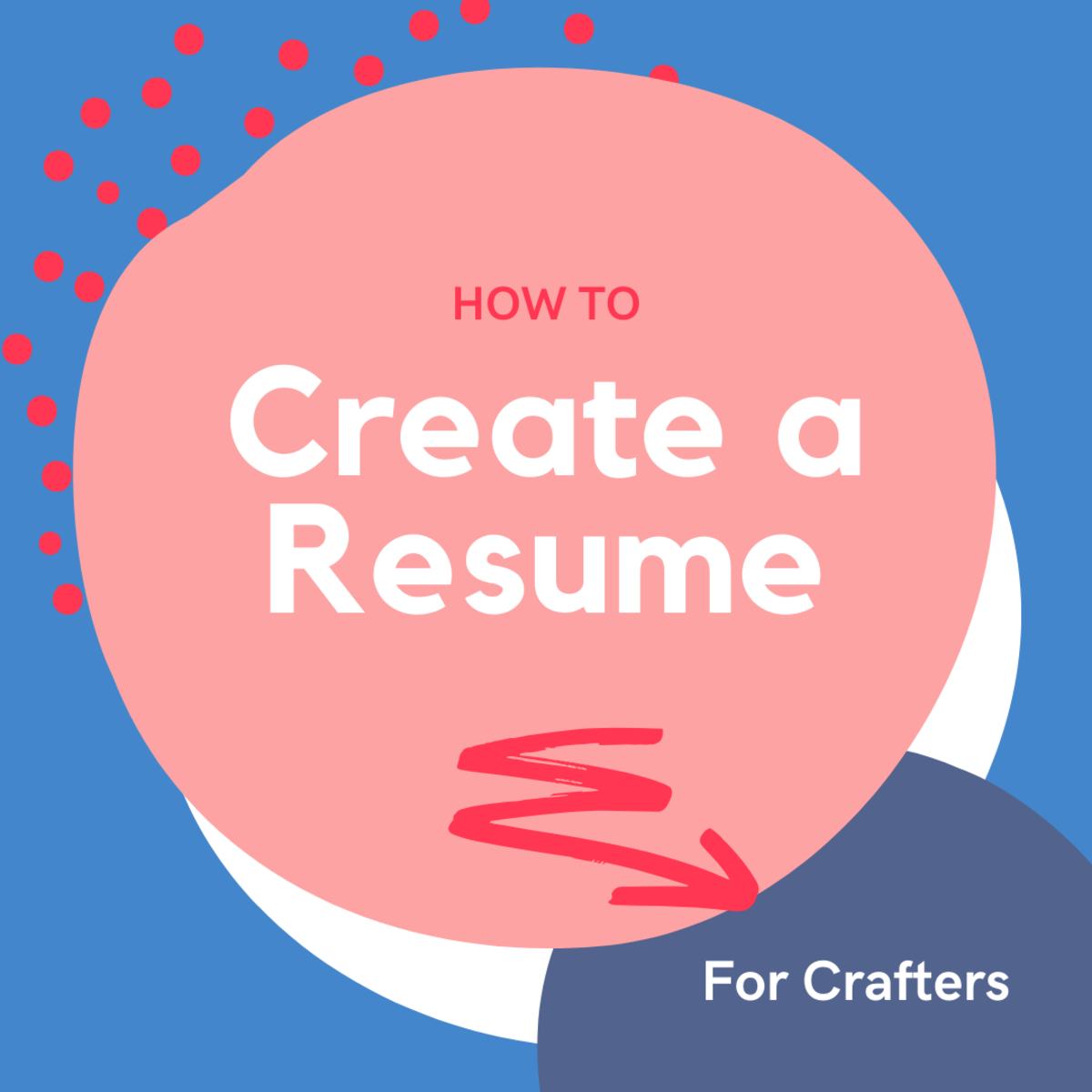Guidelines on How To Write a Resume

The purpose of the resume
In this How To you will read about what a resume is, how it's related to you, what are the benefits of a good resume and how you will write one. Writing a resume isn't an exact science and there is no one that can say what you have to write and what not, but there are things that you have to think about and are shared across every good resume.
What's a resume?
They keep popping up every time you look for something related to applying for a job. At least that's where it's supposed to appear. A resume is a short summary of your skills, involvements and previous experience that you want to show your possible employer. Writing a good resume is often considered a necessity in getting to the interview stage for a job, especially in larger companies where they get tens or even hundreds of job applications a day, and interviewing them all would be near to impossible. So a good resume makes you stand out and improve your chances for getting into a small circle of people that will be called for an interview and ultimately get a job.
What to write
In most cases experience and previous work are what's required but there are also things to write about if you're freshly starting out.Here are a few things to include:
- Strengths - It's pretty obvious that you should include your strengths, you're trying to present yourself in the best possible light to get the job. Just don't overdo it and especially don't lie about it. They'll probably find out soon enough and it's not good for your future credibility.
- Personal Traits - You want to give your employer something about yourself and your personality, after all they are hiring a human not a robot. Your personality maters, they want to see whether and how you fit in in the future work space.
- Experiences - Experience is a wonderful thing to write in your resume. Any extracurricular activities or volunteerism you can offer them is a great way to show that you know at least something about your field or have some general experience with people, teamwork or anything else. Everything goes as long as it's something positive.
- Key Achievements - State all of your achievements and awards that might be related in any way to you and your future job. Nothing states I'm ready than some real world achievement which can be verified.
- Responsibilities - Ever had the responsibility of some project or team? Then you should mention it because it gives the employer the possibility to know more detail about your previous work, how you manage deadlines, people, resources and more.
How to organize the resume
The general structure of your resume varies from your backgrounds, the required data to be included on the resume and the industry and job position you are applying to.
Most often the resume is written in reverse order, the newest information and experiences in the beginning and going backwards to the oldest data you have to offer.
What is a resume supposed to include?
Everything has it's components and so does a resume. While nothing is set in stone a general outline of a resume is a good thing to have. Proper formatting and good readability are key to a successful resume. Keep in mind that a resume is only a short summary featuring mostly highlights and is one to two pages long. You should include the following on most if not all resumes that you will write:
- Personal details - Full name and all necessary contact details like address, phone number(s) and email.
- Education and training - Show your education and any kind of previous training you might have that is related to your future job.
- Employment history - Any kind of previous employment writing everything relevant, from job position and responsibilities/achievements to specific dates and the employer.
- Skills and abilities - You're practically selling yourself in this resume and you want to include a list of what you offer so that the employer knows you have some value to him as a potential employee.
- Carer goals - some jobs positions are more of a making than working position, like being a manager requires you to have some kind of vision and future plan. It's something you might want to include if it's relevant to the position you're applying to.
- Interests - This is something that you might include as well. It can be some sort of hobby or sport you like. This offers your employer more insight in where you might have additional experience like teamwork or responsibility.
- Referees - It's important that you include at least a few. Those are people that your employer can contact to talk about you and see whether you are suited for the position. Make sure you got permission from your referees and stat clear contact details, occupation and anything else relevant.
After you've written the resume
There's a couple of things to pay attention once you have written your resume.
Proofread because bad grammar and spelling is an instant turn off for employers, it states a lot of bad things about you in a single mistake. Also check if the content is what you wanted to write and is suitable for the resume and is relevant to the position you're applying.
Make the document presentable and easily readable. A clean font and a nice layout are an important factor if you want to the employer to read past the first two sentences.
Make sure that you've shown some concrete work and experience and not just general stuff. You want to have hard evidence that you have done or know how to do something.
Don't write false information, you could lose the job and possibly get bad recommendations for the future.
Rewrite your resume for every job application. This is not a CV where you include everything about you in a professional sense, this is a job application on one to two pages that's intended to get you the job. Write only relevant and focused information.








